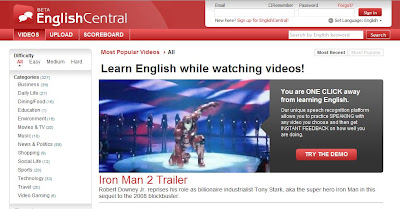
Hello, everybody!
Hoje a explicação é sobre How Much/How Many.Parece difícil, mas a explicação e a aplicação é simples, vamos lá:
How much é usado para todos os singulares e contáveis, incluindo líquidos sem seus containeres. Ex.:
- How much wine do we need for tonight?
- How much bread do we have for the breakfast?
- How much cheese is there in the fridge?
- How much milk are you going to buy?
- How much money do you have?
- How much ham would you like?
- How much chocolate would you like?
- How much lettuce is there?
How many é usado para todos os plurais e contáveis. Ex.:
- How many oranges do we need?
- How many cartons of orange juice are there?
- How many bottles of wine do we have?
- How many cartons of milk are there?
- How many eggs are there in the fridge?
- How many apples do you need?
- How many bars of chocolate would you like?
- How many heads of lettuce are there?
Lembrando que contáveis são tudo o que você pode contar: an apple, a pear, an egg, a carrot, a tomato...
Incontáveis são o que não é possível contar, como cheese, ham, salami (a piece, a pound / two, three pieces/ two, three pounds...), sugar, money... e outros.
Para atividades extras, acesse How Much/ How Many 1, How Much/ How Many 2, How Much/ How Many 3, How Much / How Many 4, e How Much/ How Many 5.

